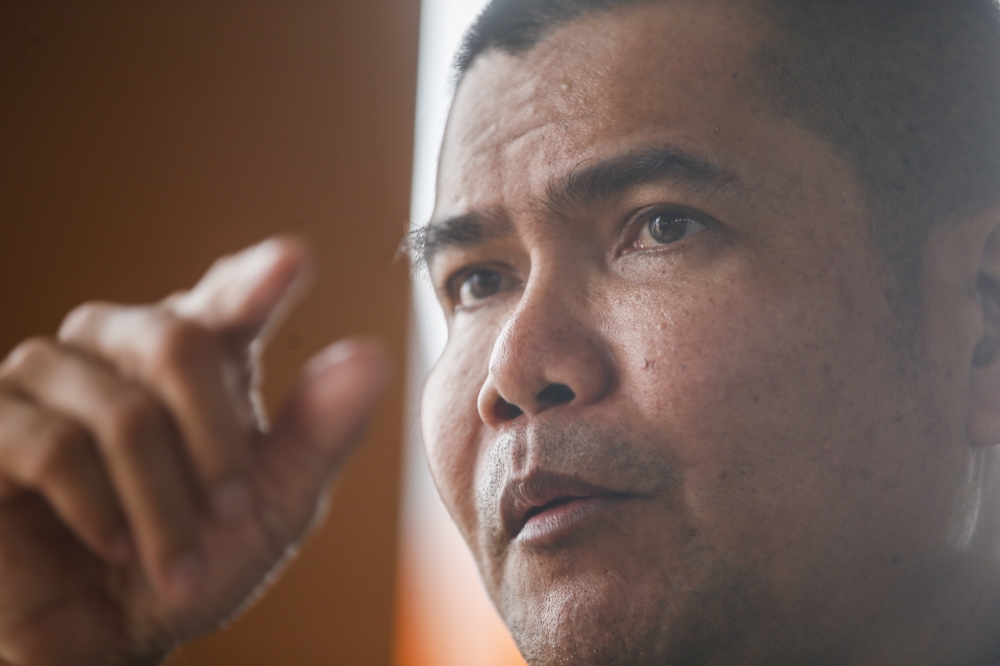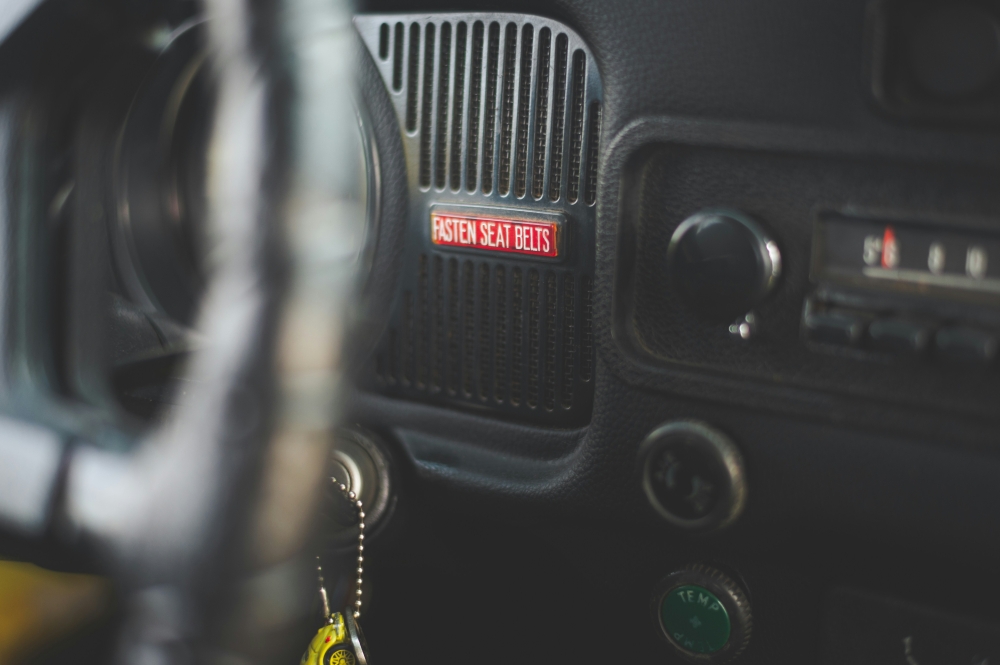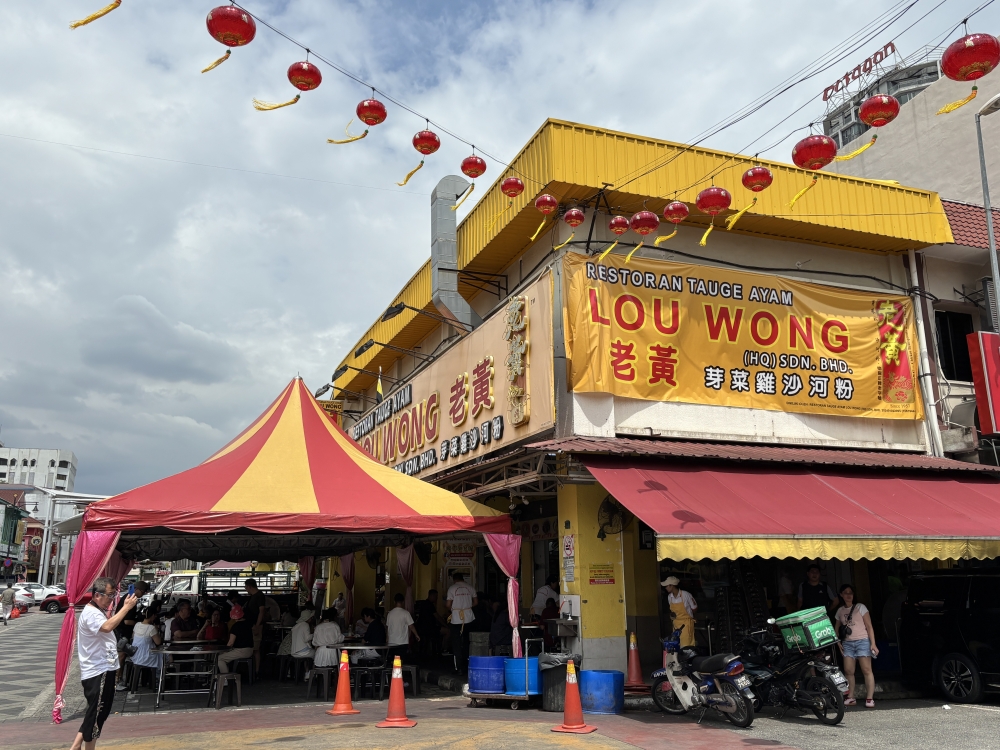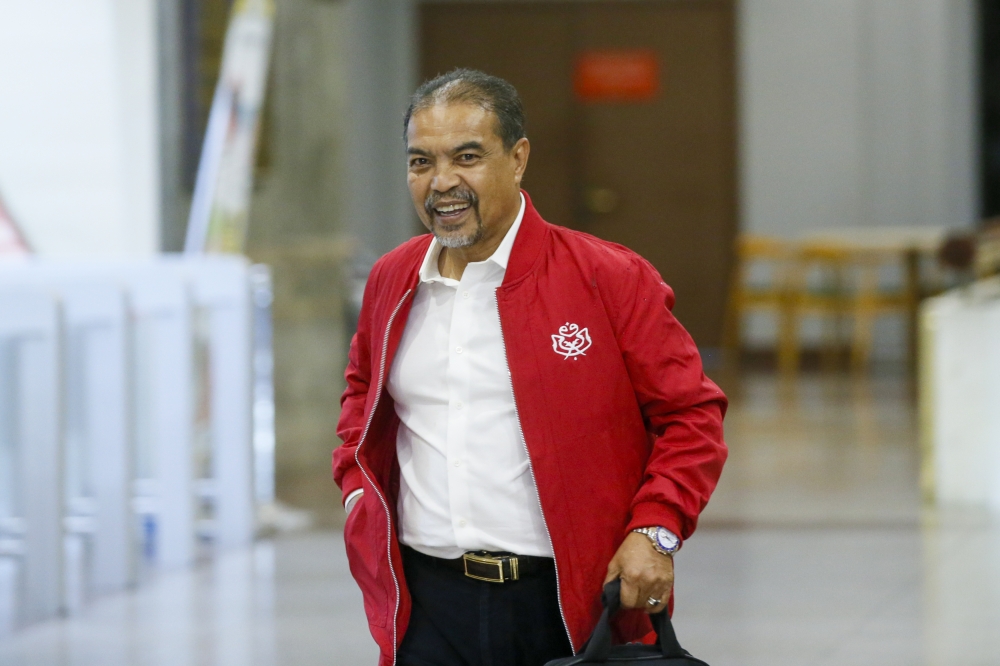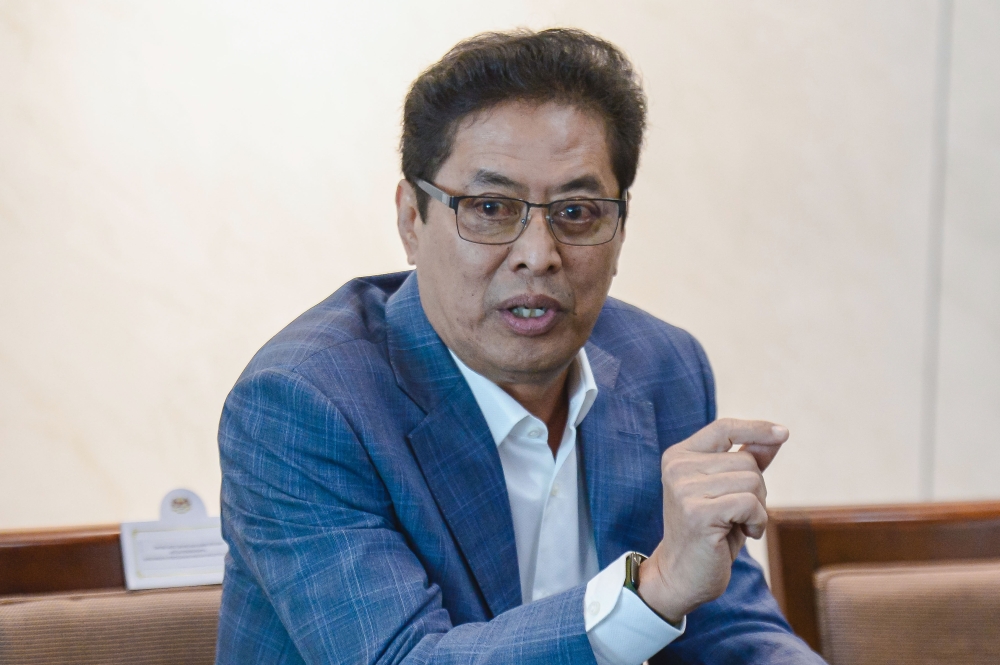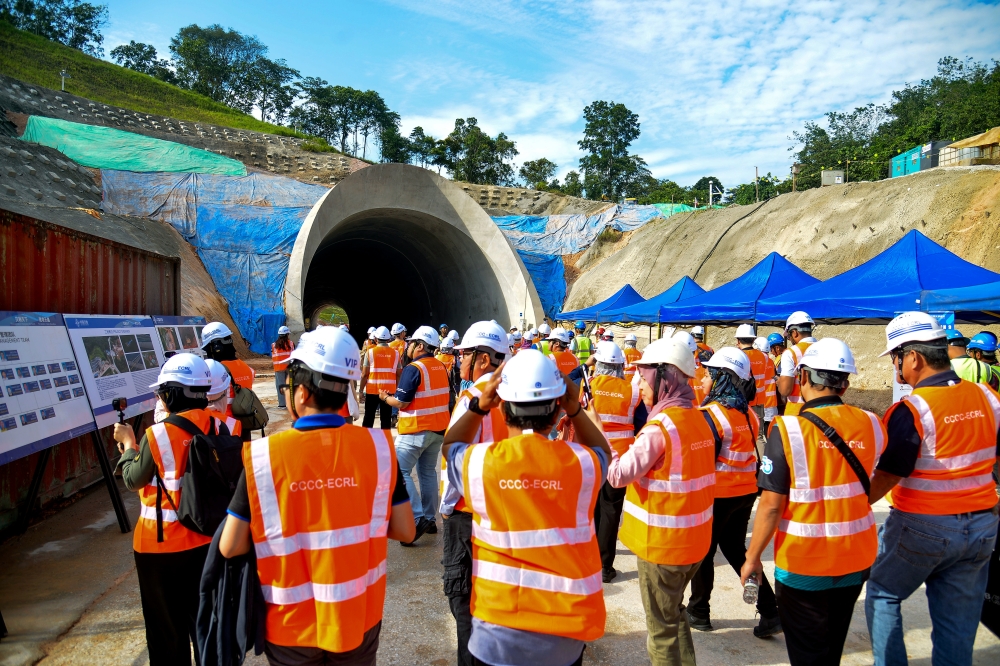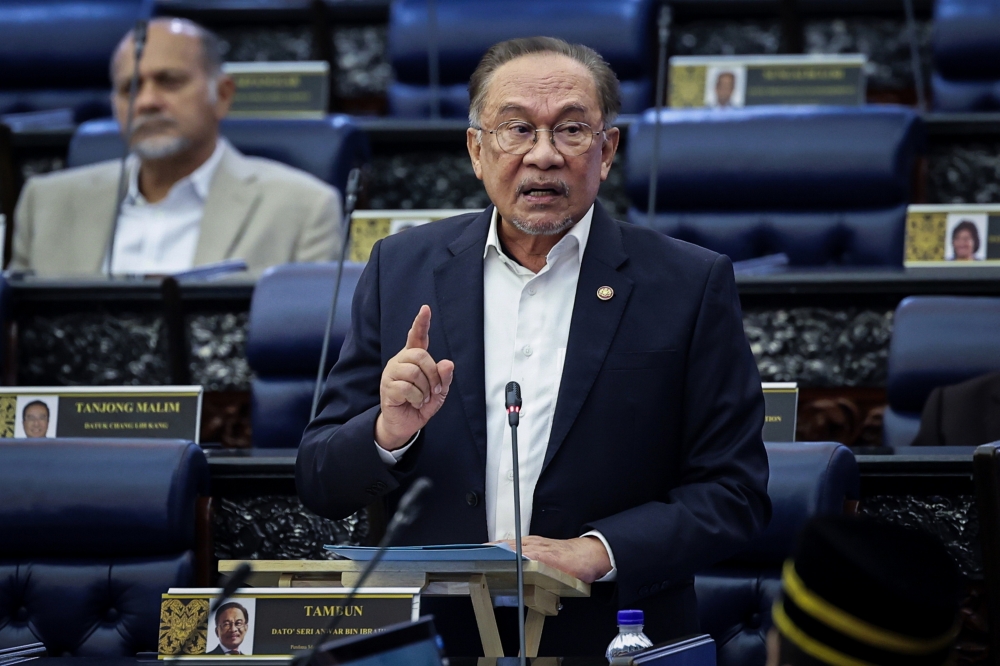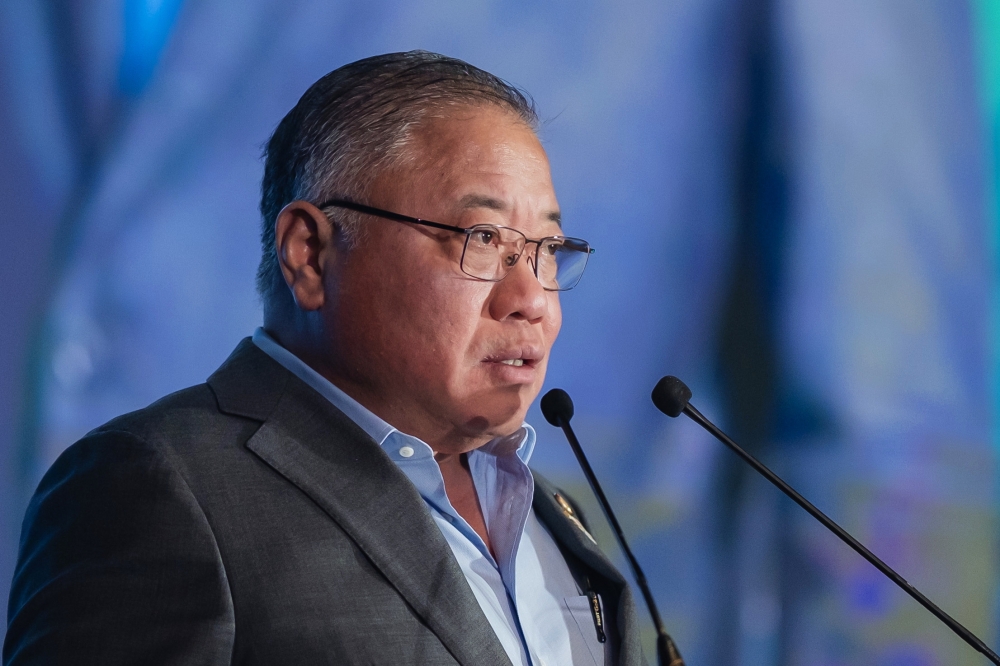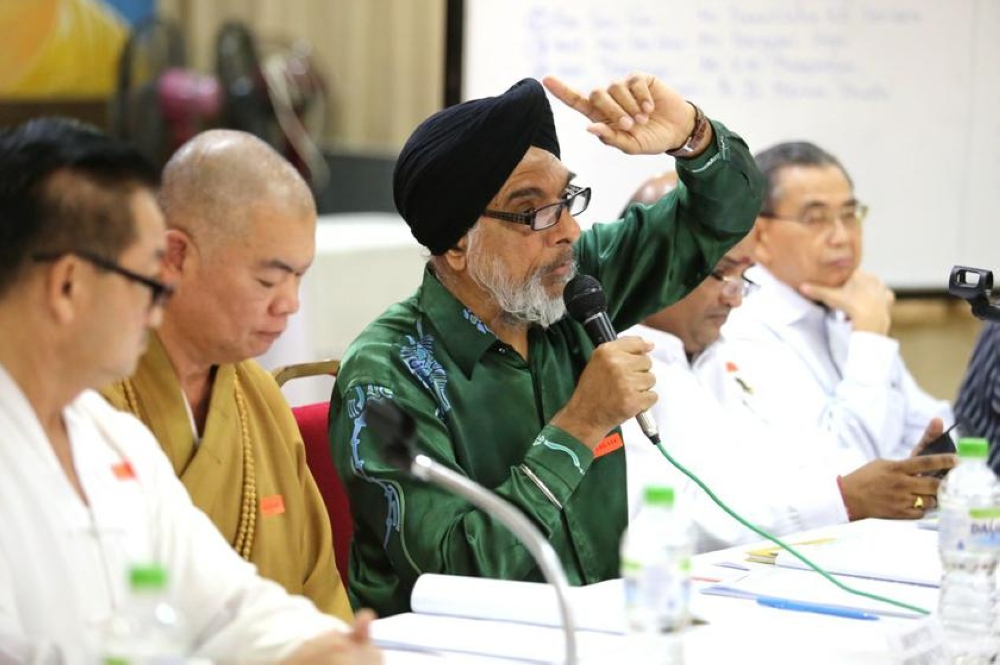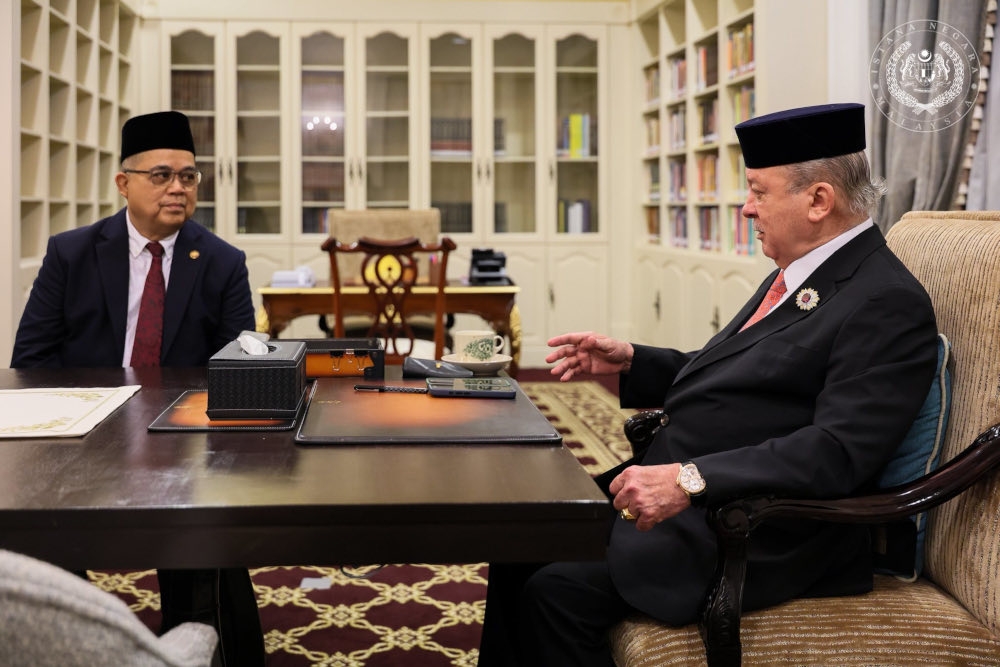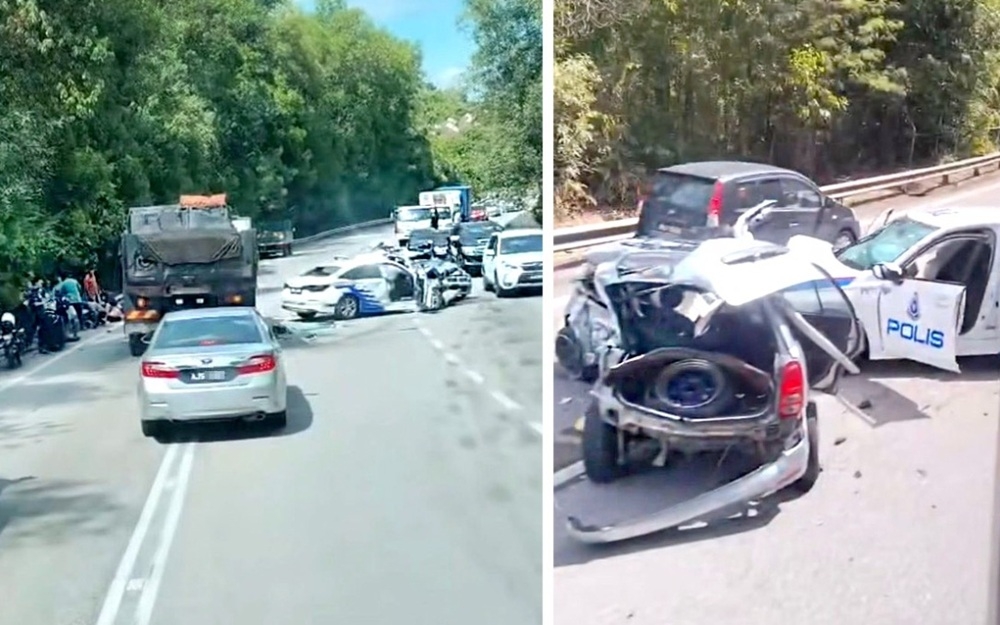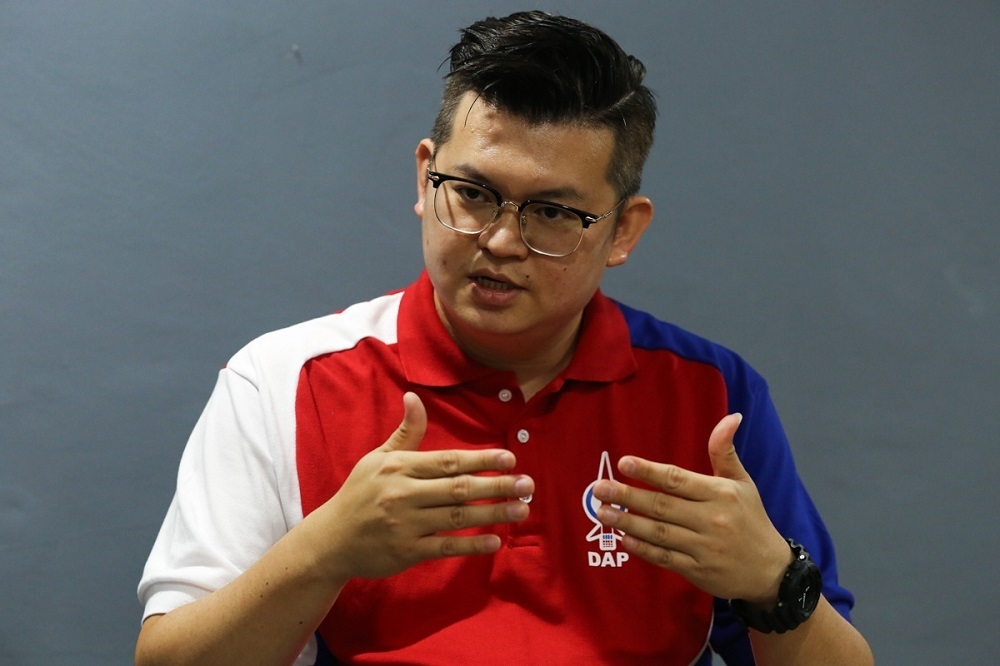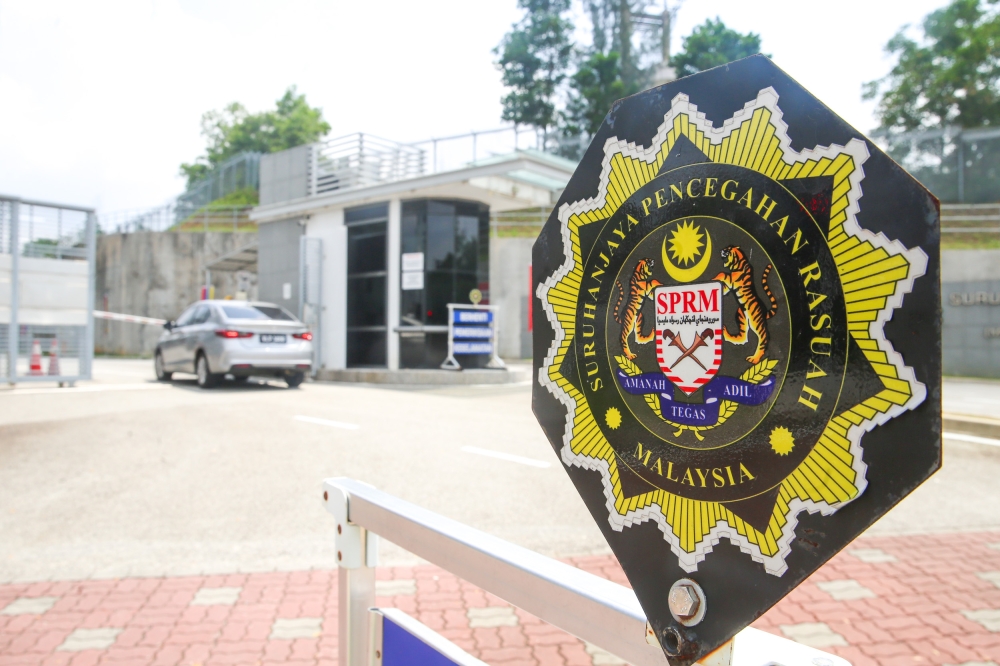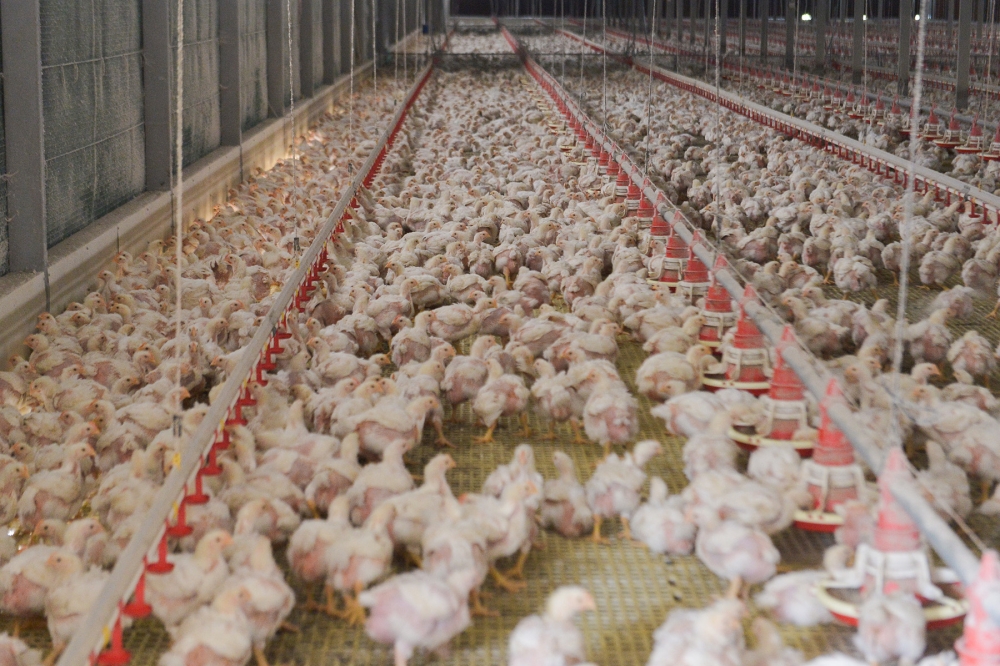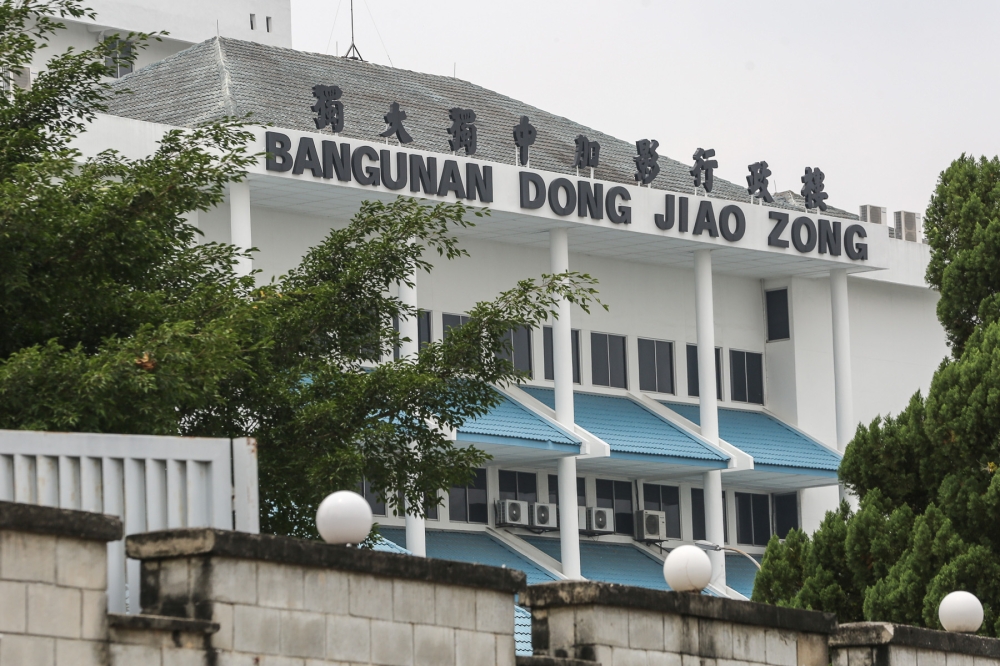KUCHING, April 26 ― The Sarawak government should be fully accountable and transparent on the plan to set up the state’s own boutique airline, said Bandar Kuching MP Dr Kelvin Yii.
In reiterating his previous calls on the matter, he said this includes being transparent in terms of the business model, total projected cost of whole project, economic feasibility and sustainability study, and projected annual loss.
He pointed out that starting an airline is a complex and capital-intensive undertaking, and there are many factors to consider, such as the availability of aircraft, maintenance facilities, airport infrastructure, regulatory requirements, market demand and stiff competition from existing airlines.
Although such an effort is done to stabilise air ticket prices between the region, he strongly believed this could be achieved through subsidies and incentives to existing private national and private airlines for Sarawakians rather than incur additional cost to set up its own airlines company, maintain it and keep it sustainable.
Such additional funds could very well be channelled back for more subsidies to stabilise the prices to benefit more Sarawakians, he added.
“The premier mentioned that they are looking at obtaining at least four turboprop 120-seater aircraft which a general search shows that it may cost up to US$35 million (RM155.6 million) each which converts to RM623 million for all four aircraft, which again depends on its specifications. It’s important to note that the cost of purchasing an aircraft is just one part of the overall cost of ownership, which includes ongoing maintenance, fuel, insurance, and other expenses.
“Even if we are looking at leasing options, it is estimated that it can cost upwards of US$200,000 per month (RM890,000). It’s important to note that these estimates are just rough figures, and actual costs may vary depending on the specific requirements of the lease agreement.
“This shows to start up the venture itself, it may cost us up to billions of ringgit and this has not taken into account the amount of subsidies needed to keep the air ticket prices lower which will benefit Sarawakians as a whole.
“If we convert the estimated start-up cost into direct subsidies to air tickets, we can subsidise RM150 for up to 6.7 million tickets for Sarawakians or subsidise RM150 for 2,000 Sarawakians yearly for 3,334 years. Again, these are rough estimates, and I will be grateful if the state government is more transparent with the full deal so we can get a better picture of the whole venture itself,” he said in a statement yesterday.
Dr Yii said the upcost and subsidies for non-profitable routes will eventually be needed as well, especially routes to the interior of Sarawak.
Based on Parliamentary records, under the current agreement, he said the federal government provides RM190 million in annual subsidies to MASwings, which operates a fleet of 16 turboprop aircraft to provide scheduled passenger services to 49 remote towns and villages in Sarawak and Sabah.
Should the state envision to provide more connectivity, a bigger sum will definitely be needed, he added.
“My concern has always been that Sarawak may not have the economies of scale to keep it sustainable and eventually over a period of time Sarawak will have no choice but to use huge sum of our public funds to bail out the airlines to keep it afloat. While I do not deny there may be positive trickling down effect to the local economy especially when it comes to tourism, jobs and others, it has to be considered against the total cost that was put in the first place.
“I will support what is best for Sarawak. That is why, since the beginning I have suggested a better option at a much lower cost and risk, which is to find ways with existing private national and private airlines to improve connectivity, especially domestic routes within Sarawak by offering incentives and even subsidies especially during those peak seasons.
“This will achieve what they want to without the need to take on a whole airline company which requires high investment, high cost and high expertise which may not be beneficial especially on the long term,” he said. ― Borneo Post

